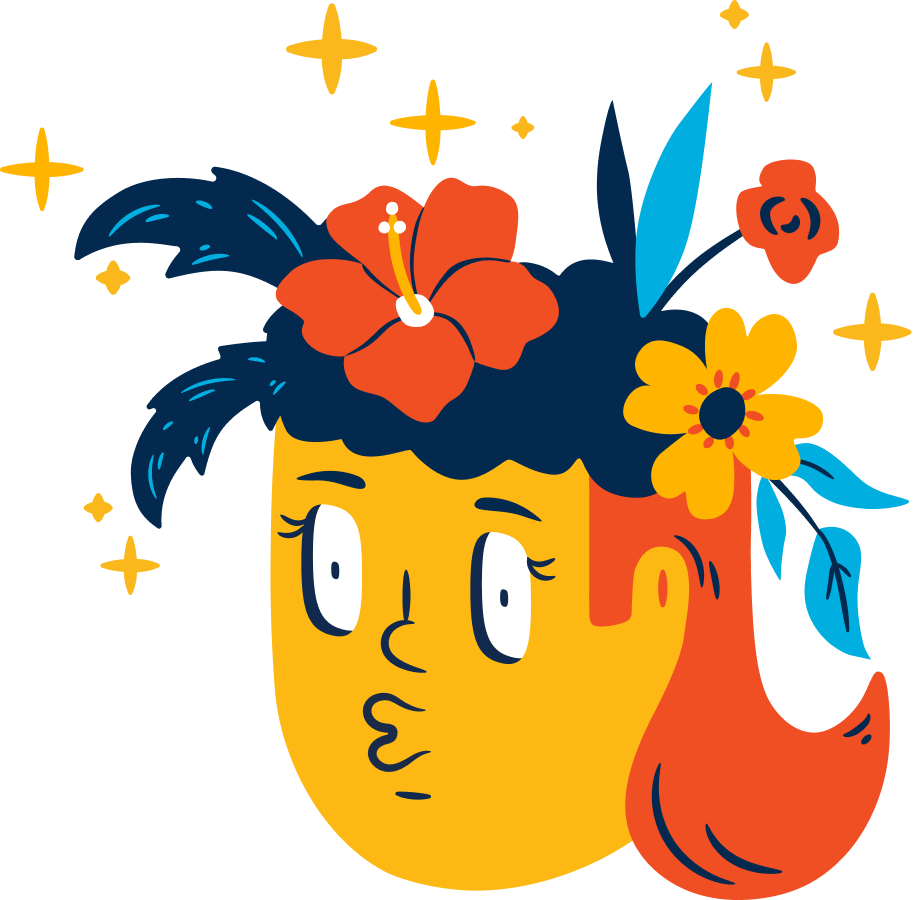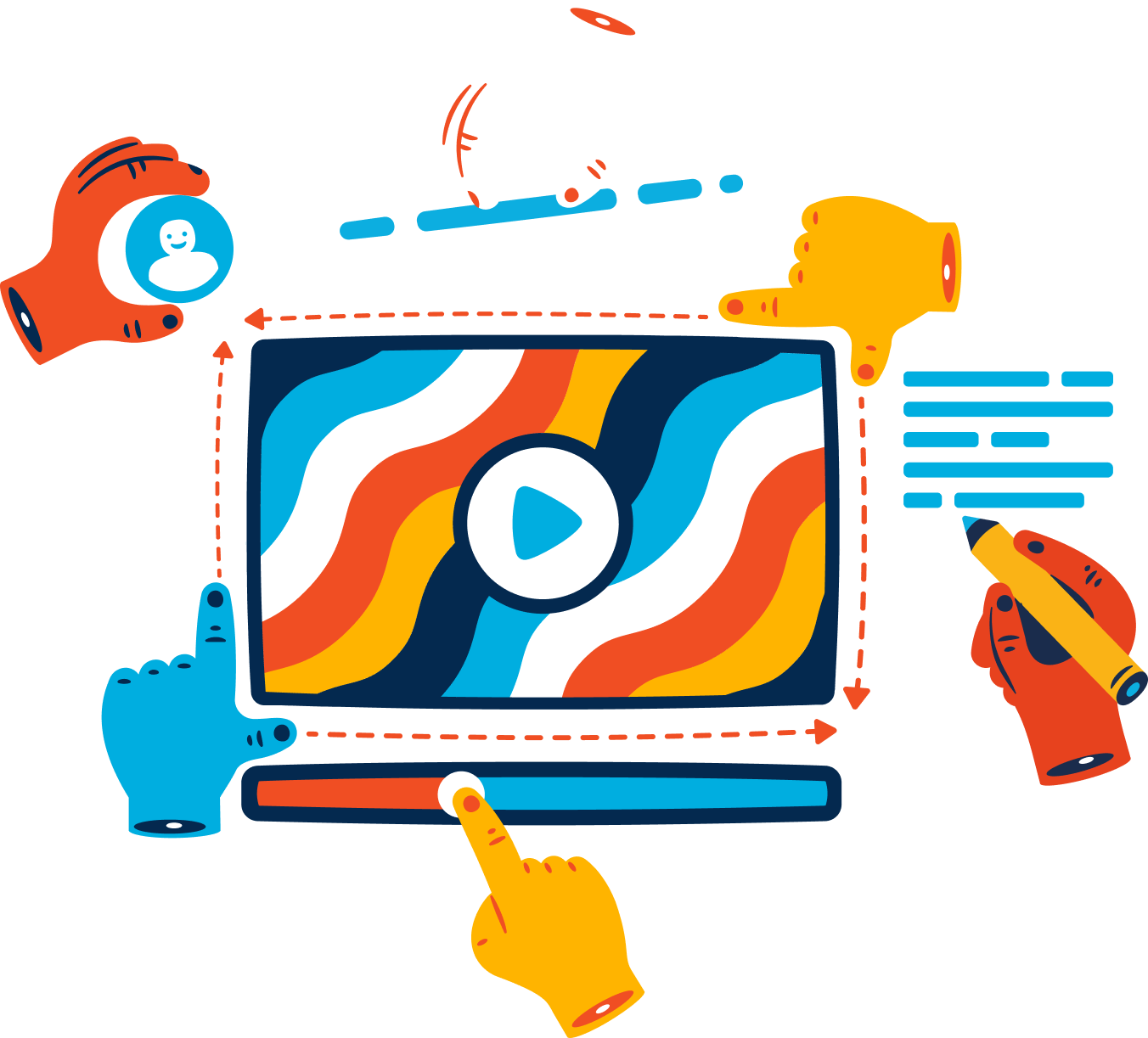25th November 2024
Have you heard of the cosy web? The growing trend for small, often private, pockets within the vastness of the internet and ‘big social’? It is, say experts, a reaction to much of the toxicity of the online world. I have been thinking about how this correlates with the current state of mental health.
We continue to live through a permacrisis which directly impacts our mental health. Emerging from Brexit and continuing through a pandemic, climate change anxiety, economic uncertainty, political unrest and delusion and the permanent presence of news reels, social media and digital disruptions. The two dynamics which our brain finds the most challenging – a lack of control and uncertainty – are abundant for us all.
The cosy web is defined by authentic, genuine connection groups and platforms based around hobbies and interests. It’s a reaction against the clickbait, judgement and egotistical styles of so many other social platforms, which we know from research directly impacts our state of mind and mood. These platforms are populated by media figures and influencers who purport to be sharing ‘the truth’ – be it about fashion, politics, climate change or what food to eat. This has such a profound and immediate impact on not only our mood but on our beliefs and understanding of ourselves and the world – because it puts our ‘truths’ and purpose under constant attack. Never before have we been able to hear the opinions of so many others constantly about topics which we care about – as well as topics which have no relevance to us.
Statistics suggest a huge mistrust of government. Statistics also suggest many of us are lonely, so we crave authentic connections and communities. The cosy web is answering this by gaining trust through shared meaning and storytelling.
So much of the research on feeling unhappy points to relationships, as they can offer a unique protective mechanism for our mental health. Two very recent pieces of work on depression, Johann Haari’s book Lost Connections as well as Waldinger and Schultz’s biggest ever study on happiness show us the powerful impact that our relationships have on our mental wellbeing. Social fitness – the relationships you have with others – impacts your mental health more than we ever thought possible. It affects your physical health too, all the way back to wound healing.
We now realise that brain chemistry is just one part of depression. Environmental and psychological factors are now seen as more significant, as many of us lose meaningful connections with people, nature and work.
Humans are social animals, born with the need to connect with others and the research suggests that very few things affect the quality of our lives as much as the connections we have with other people. But how many of us put time and thought into ‘social fitness’? How many of us see this as something that just happens naturally? The bottom line is that good relationships keep us happier, healthier and help us live longer – but we have to work at maintaining them. In 2020 it was estimated that 162 000 deaths in the US were attributed to social isolation alone. Loneliness in older people is twice as unhealthy as obesity and chronic loneliness increases the chance of death in any given year by 26%.
If you’re someone who feels that your connections with others may have fallen off the radar recently, through Covid, through work, through having young children or being in a care giver role, then perhaps it is time to take a bit of a social fitness audit. To consider how you use social media as well as human interactions. To think about the role of the social media giants in comparison to cosy web offerings.
“The good life is not found by providing ourselves with leisure and ease…it arises from the act of facing inevitable challenges, and from fully inhabiting the moments of our lives. It appears, quietly, as we learn how to love and how to open ourselves to being loved, as we grow from our experiences, and as we stand in solidarity with others through the inevitable string of joys and adversities in every human life.”
Excerpt from Waldinger and Schultz (2023) – the largest ever study of adult development and happiness
Many of the social media giants are losing their appeal. Most of us realise that interacting on these platforms leaves us feeling inadequate, insufficient and unfulfilled. Conversely, the cosy web brings back a sense of connectedness and real relationships with long form writing and threaded conversations. These are ‘slower’ pages where you can reflect and digest. This new online world is gaining our trust through shared meaning and storytelling.
Humans are not just social animals – we’re also natural problem solvers. And now it seems that we are using this skill for the sake of our mental health, by reshaping the internet in a way that makes us feel happier.
The moral of the story? We usually find ways to meet our needs. Lean in to them.





